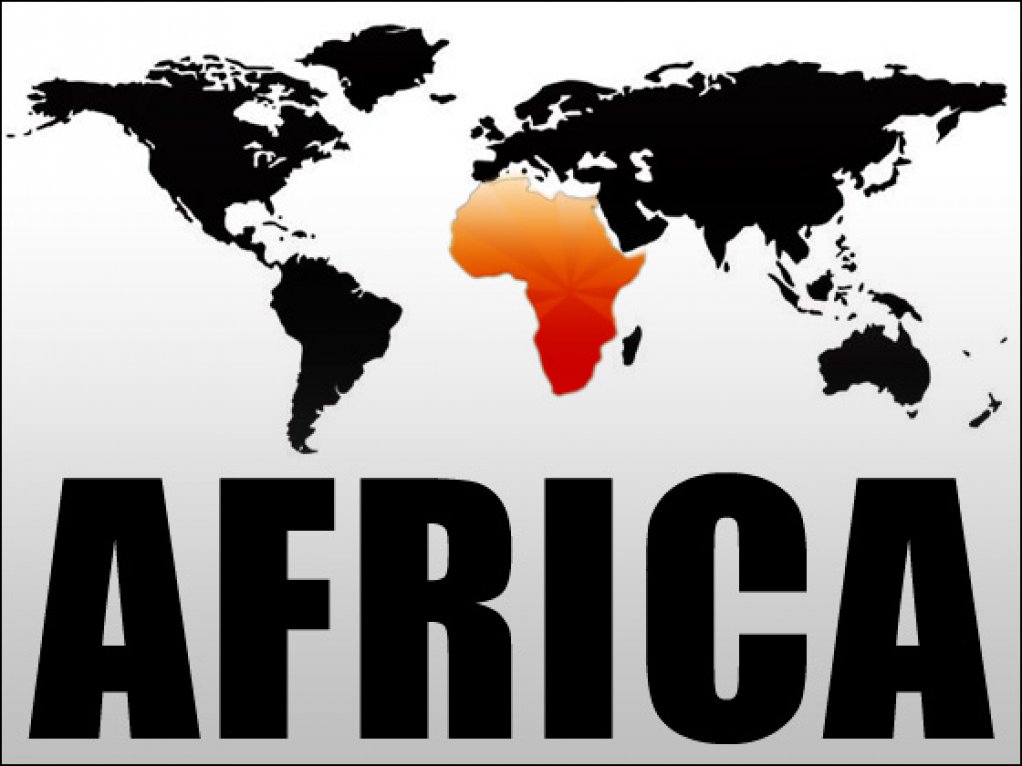/ MEDIA STATEMENT / The content on this page is not written by Polity.org.za, but is supplied by third parties. This content does not constitute news reporting by Polity.org.za.
According to an in-depth study conducted by the Economist Intelligence Unit (EIU) on behalf of DHL Express (http://www.dpdhl.com), approximately 40% of global SMEs (small and medium-sized enterprises) do not perceive Africa as a growth opportunity, despite the positive economic growth stories and growing middle class in the regions.
 <http://www.photos.apo-opa.com/plog-content/images/apo/photos/charles-brewer-1.jpg> Logo: http://www.photos.apo-opa.com/plog-content/images/apo/logos/dhl_logo2.jpg
Photo Charles Brewer: http://www.photos.apo-opa.com/plog-content/images/apo/photos/charles-brewer-1.jpg (Charles Brewer, Managing Director for DHL Express Sub-Saharan Africa)
The report further reveals that while many multinationals and state-owned companies are actively taking advantage of the opportunities that Africa offers, SMEs still remain apprehensive and are choosing to trade with other emerging markets instead.
Charles Brewer, Managing Director of DHL Express Sub Saharan Africa, says that despite current challenges to attract global SME interest, the findings of the study highlight the untapped potential that still exists in the continent.
“The fact that SMEs expect to generate up to 50% of revenues internationally by 2019 is a massive positive and highlights the vast opportunities for Africa from an investment and job creation perspective.”
Brewer says that according to the study, which surveyed 480 SME executives and experts from business lobbying groups, SMEs are deterred by Africa’s low average consumer spend, cultural and infrastructure challenges, as well as inefficiencies such as corruption and political risk in the region. .
He explains that overcoming different market environments is the biggest hurdle. The quality of a target market´s infrastructure, the stability of its politics, administrative costs for establishing a local presence and cultural differences in doing business were all cited by the executives surveyed as factors that deterred them from entering new markets.
“The unfamiliarity of foreign markets received particular attention, with 84% of respondents describing understanding a target market’s culture or language as important or very important in determining its attractiveness. This also explains why most SMEs often expand into markets that resemble their own.
“This is evident in Africa, as companies looking to expand into the continent, often make use of a ‘one size fits all’ approach. Due to the various cultures, languages and customs on the continent, vast amounts of research need to be done into each region, and the services and products need to be specifically tailored to each country. Africa is not one country,” says Brewer.
In terms of expansion tactics, the survey shows that partnerships are an important consideration for SMEs. The study identified a number of innovative approaches in this area, such as piggybacking on another company’s existing retail network to enter the sub-Saharan market in Africa.
“A number of multinationals and corporates have experience great success in Africa, DHL being a prime example. And the good news for SMEs is that they have the advantage of being more agile to adapt quickly and exploit the opportunities available. An entrepreneurial spirit is vital for the success of small businesses, we ourselves started out as an SME in 1969, and as they say, the rest is history. We too have focused on partnerships in Africa, and now have a retail presence of over 3500 outlets across Africa.
“We work with thousands and thousands of SMEs across Africa and have witnessed how these businesses are able to successfully establish a presence in the region. With the support of the right partners, a well-designed supply chain, clear understanding of their competitive strengths and the right mindset, SMEs can break through any border and make the world their market,” concludes Brewer.
The full EIU and DHL Express report, Breaking borders: From Canada to China, barriers overshadow growth for expanding SMEs, can be accessed at http://www.economistinsights.com/countries-trade-investment/analysis/breaking-borders.
Distributed by APO (African Press Organization) on behalf of Deutsche Post DHL.
EMAIL THIS ARTICLE SAVE THIS ARTICLE
To subscribe email subscriptions@creamermedia.co.za or click here
To advertise email advertising@creamermedia.co.za or click here











